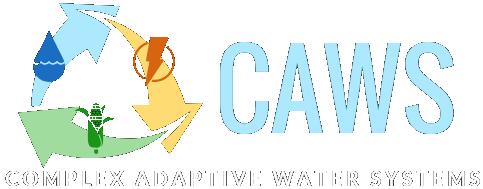
Courses
-
Sp'24, Fa’22
-
CAT 402 - Application of Catastrophe Modeling and Resilience
-
This course will cover advanced analyses for distinct applications of catastrophe models, such as natural disasters or health-related threats to inform management and policy. Course activities will include readings of recent publications in catastrophe modeling and practical exercises about model (both deterministic and stochastic) development and results visualization of floods, hurricanes, and/or epidemics impacts. Some introductory theory and context-dependent practical problems on model parameterization will also be covered.
-
Sp’18, 19 & 20, 24, Fa’20, 21 & 24
-
CEE 326/426 - GIS for Civil and Environmental Engineering
-
Through lectures and laboratory exercises, this course will introduce the theory, concepts and techniques related to the creation, manipulation, processing, and basic analysis of spatial data using geographical information systems (GIS) for real-world engineering problems. Topics include basic GIS concepts, map projection and coordinate system, spatial data format and editing, spatial analysis, network analysis, and developing simple GIS models. Multiple GIS tools will be introduced.
-
Sp’20, Fa’20, 21, 22, 23 & 24
-
CEE 320 - Engineering Hydrology
-
Topics that will be included in this course: rainfall-runoff analysis, overland flow, hydrograph theories, modeling, frequency analysis of extreme events, flood routing, design storms, urban stormwater quantity, and quality management.
-
Sp’21, 22 & 23
-
CEE 222 - Water Resources Engineering
-
This course builds on the material in Fluid Mechanics. There are three modules: pipe and pump hydraulics, open channel hydraulics, hydraulic structures, and surface and groundwater hydrology.
-
Fa’17, 18, 19 & 25
-
CEE 122 - Fluid Mechanics
-
Fluid properties and statics; concepts and basic equations for fluid dynamics. Forces caused by flowing fluids and energy required to transport fluids. Dynamics similitude and modeling of fluid flows. Includes laboratory experiments to demonstrate basic concepts.
-
Fluid Mechanics problem-solving tree: http://www.lehigh.edu/~yey217/FMtree.html
